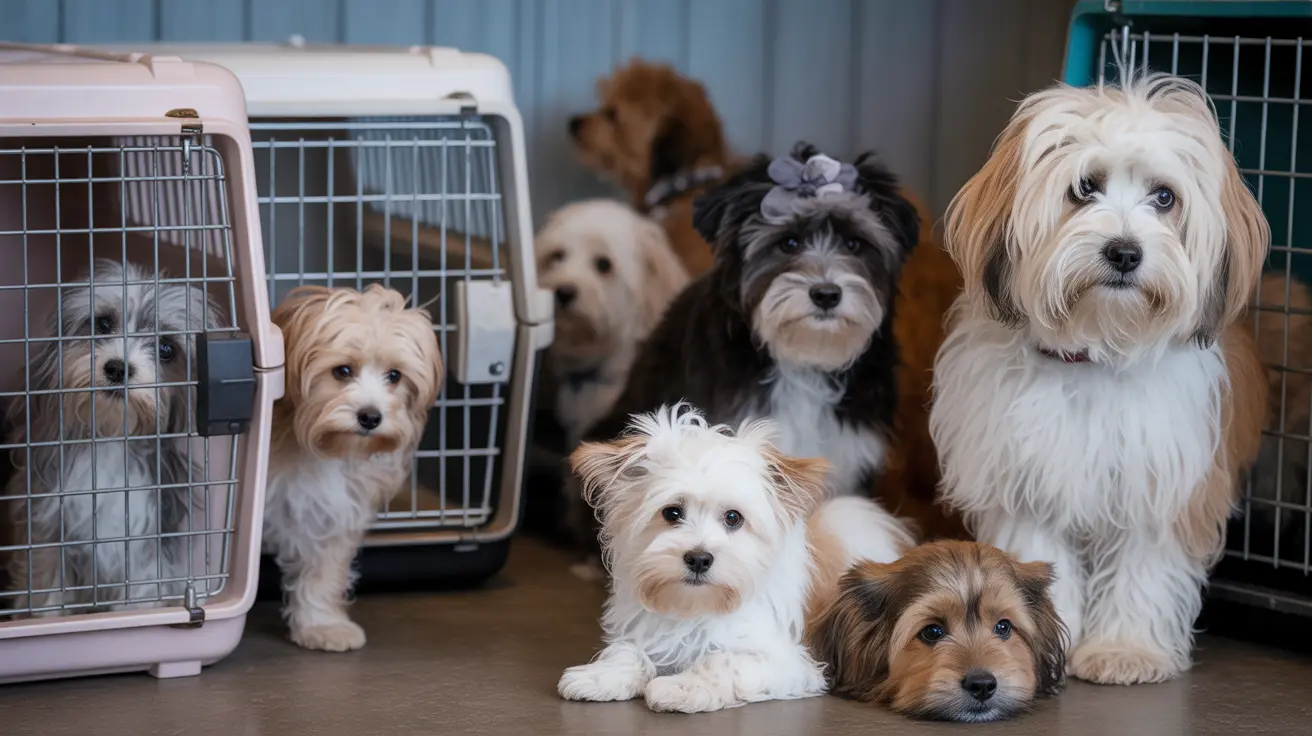A concerning situation has come to light at the Cheshire municipal dog pound in Connecticut, where reports of neglect and abuse have resulted in the resignation of a local animal control officer. The investigation has sparked discussions about oversight and standards in municipal animal shelters across the state.
The case highlights the critical importance of maintaining proper care standards in local animal control facilities and ensuring appropriate supervision of shelter operations. It also underscores the need for regular inspections and accountability in municipal animal care facilities.
Connecticut Animal Welfare Laws and Shelter Standards
Municipal animal shelters in Connecticut operate under specific state regulations that mandate minimum standards of care for housed animals. These facilities are expected to provide adequate food, water, shelter, and medical attention to all animals in their custody.
Required Standards for Municipal Shelters
- Clean and sanitary living conditions
- Regular feeding and fresh water
- Proper temperature control
- Basic veterinary care
- Safe housing arrangements
- Regular exercise and enrichment
Animal Shelter Oversight and Inspections
The Connecticut Department of Agriculture plays a crucial role in overseeing municipal animal shelters and ensuring compliance with state regulations. Regular inspections are meant to identify and address any issues before they become serious problems.
Municipal Shelter Reform Initiatives
In response to incidents like this, many Connecticut communities are strengthening their shelter oversight procedures and implementing more rigorous monitoring systems. These reforms aim to prevent future cases of neglect and ensure the highest standards of animal care.
Animal Control Officer Training and Supervision
Proper training and supervision of animal control officers are essential components of maintaining high-quality care in municipal shelters. Officers must understand both the practical aspects of animal care and the legal requirements governing shelter operations.
Professional Development Requirements
- Animal handling and care
- Facility maintenance
- Health and safety protocols
- Animal welfare regulations
- Emergency response procedures
Frequently Asked Questions
What standards are required by Connecticut law for municipal animal shelters?
Connecticut law requires municipal animal shelters to maintain clean and safe facilities, provide proper nutrition and medical care, and ensure adequate exercise and enrichment for all animals in their custody. Facilities must meet specific health and safety guidelines established by the state.
How can residents report suspected neglect at local animal control facilities?
Concerned citizens can report suspected neglect or abuse to their local animal control department, the Connecticut Department of Agriculture, or local law enforcement. Documentation of specific concerns and observations can help authorities investigate effectively.
What steps are typically taken to prevent neglect in municipal shelters?
Prevention measures include regular facility inspections, proper staff training, clear operational protocols, and oversight from local and state authorities. Many facilities also implement monitoring systems and maintain detailed care records for accountability.
Looking Forward
This situation serves as a reminder of the importance of maintaining high standards in animal care facilities and the need for vigilant oversight. Pet owners and community members play a vital role in supporting their local shelters and ensuring proper care for animals in need.
The focus now turns to implementing stronger protective measures and ensuring that all municipal animal shelters maintain the highest standards of care for the animals they serve. Community involvement and support remain crucial for the success of these facilities and the well-being of their animal residents.






